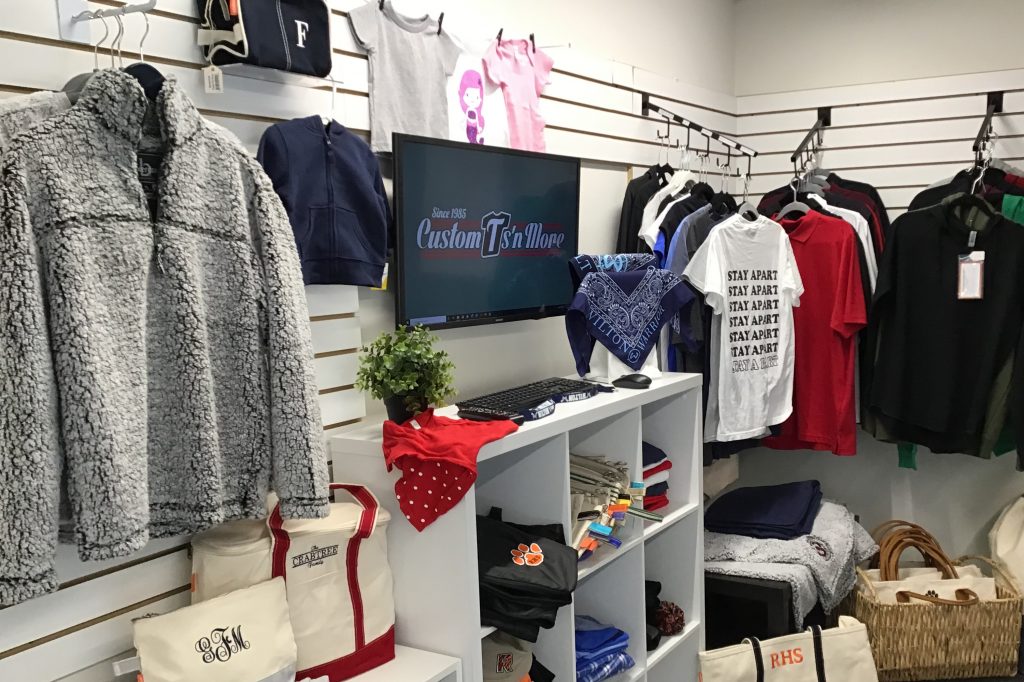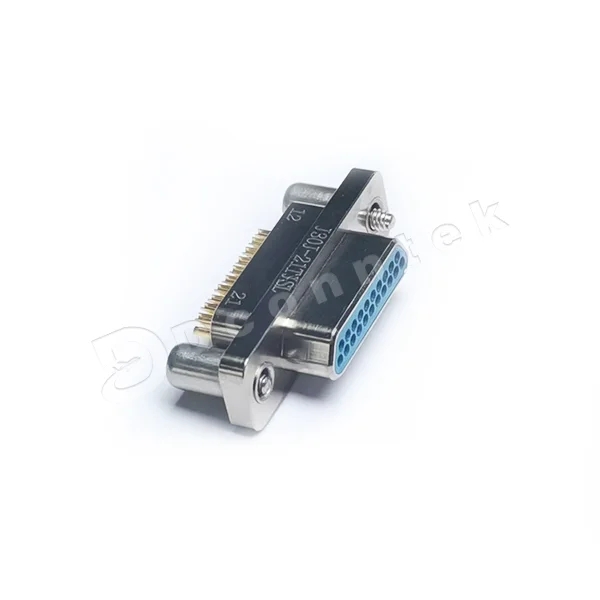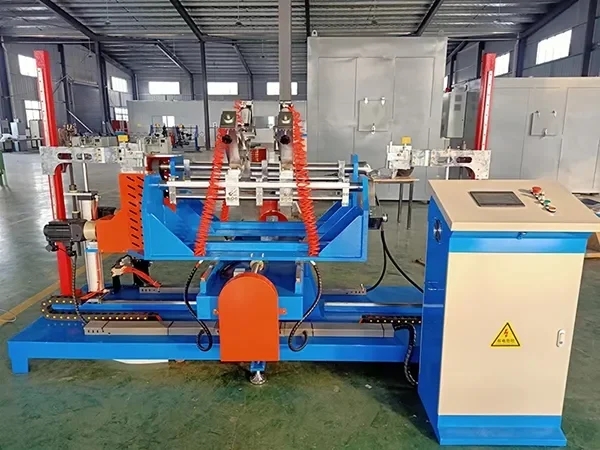
In today's highly competitive business landscape, companies are constantly seeking ways to gain an edge over their rivals. One strategy that has proven to be a game-changer is customization. In this blog post, we will explore how customization can be a powerful tool for businesses, providing them with a significant competitive advantage. From its impact on customer satisfaction to its ability to drive innovation, customization has become a key driver of success in various industries.
- Enhancing Customer Satisfaction:
Customization allows businesses to tailor their products or services to meet the unique needs and preferences of individual customers. By offering personalized experiences, companies can create a deeper connection with their target audience, leading to increased customer satisfaction and loyalty. For example, in the fashion industry, brands like Nike and Adidas offer customizable sneakers, allowing customers to choose colors, materials, and designs that reflect their personal style. - Differentiation and Brand Positioning:
In a crowded marketplace, standing out from the competition is crucial. Customization provides businesses with a unique selling proposition, enabling them to differentiate themselves from rivals. By offering personalized options, companies can position themselves as leaders in their respective industries. For instance, luxury car manufacturers like Rolls-Royce and Bentley offer extensive customization options, allowing customers to create bespoke vehicles that reflect their individual tastes and preferences. - Driving Innovation and Product Development:
Customization drives innovation by pushing companies to constantly evolve and improve their products or services. By gathering customer feedback and insights, businesses can identify new trends and preferences, leading to the development of innovative offerings. For example, technology giants like Apple and Samsung continuously introduce new features and customization options in their smartphones based on customer demands, staying ahead of the competition. - Increasing Operational Efficiency:
Contrary to the belief that customization leads to increased complexity and costs, it can actually enhance operational efficiency. With advancements in technology, businesses can leverage automation and digital tools to streamline the customization process. By implementing efficient systems, companies can reduce lead times, minimize errors, and optimize resource allocation. This not only improves customer satisfaction but also reduces operational costs, providing a competitive advantage. - Expanding Market Reach:
Customization opens up new market opportunities for businesses. By catering to niche markets or specific customer segments, companies can tap into previously untapped potential. For instance, in the beauty industry, brands like MAC Cosmetics and Sephora offer personalized makeup consultations and customized product recommendations, attracting customers who value individualized experiences.
Conclusion:
In today's dynamic business environment, customization has emerged as a powerful competitive advantage. By focusing on customer satisfaction, differentiation, innovation, operational efficiency, and market expansion, businesses can harness the potential of customization to stay ahead of the competition. Embracing customization as a core strategy will not only drive growth but also foster long-term customer loyalty and brand advocacy. As the market continues to evolve, companies that prioritize customization will be well-positioned to thrive in an increasingly competitive landscape.





